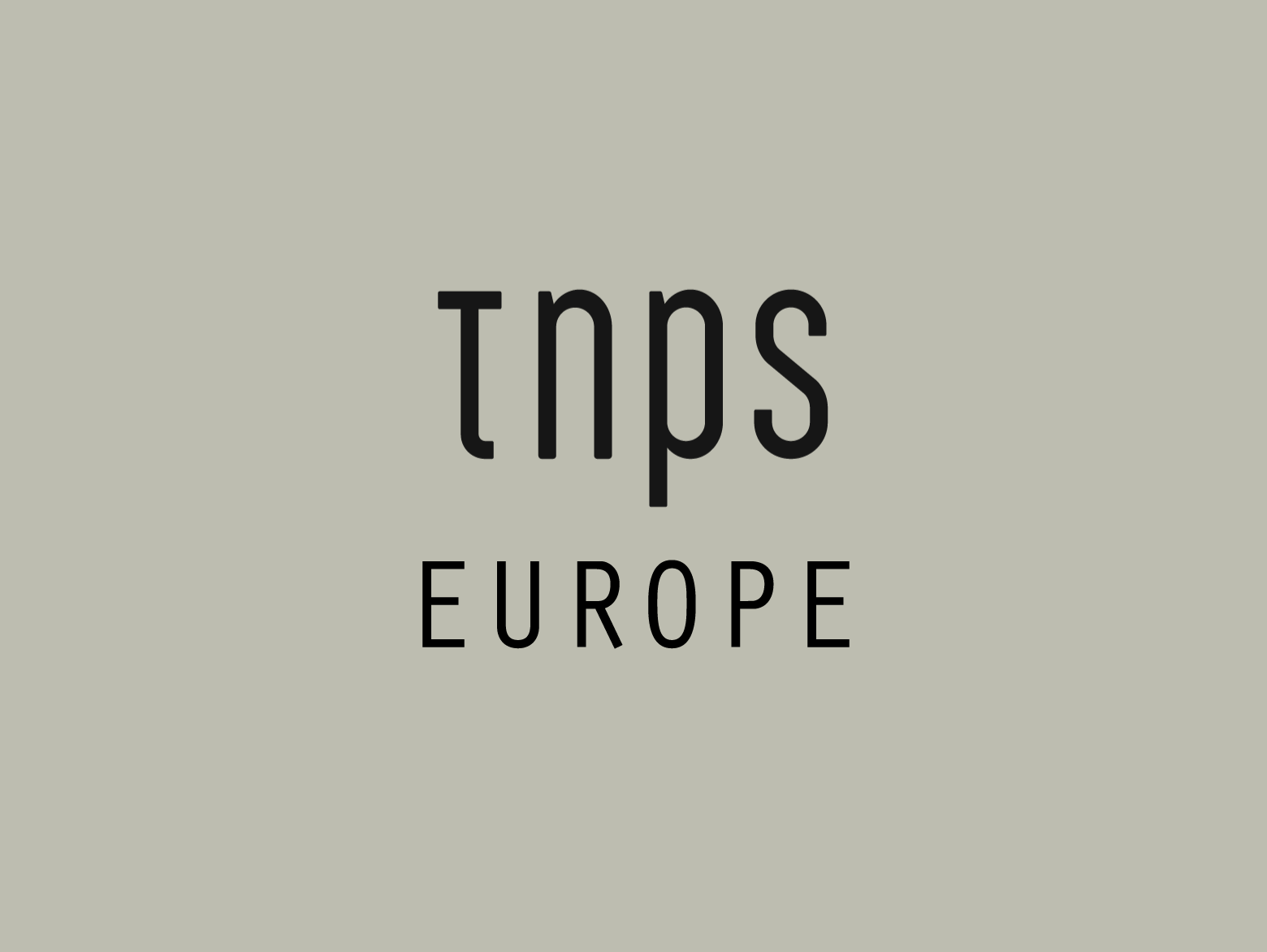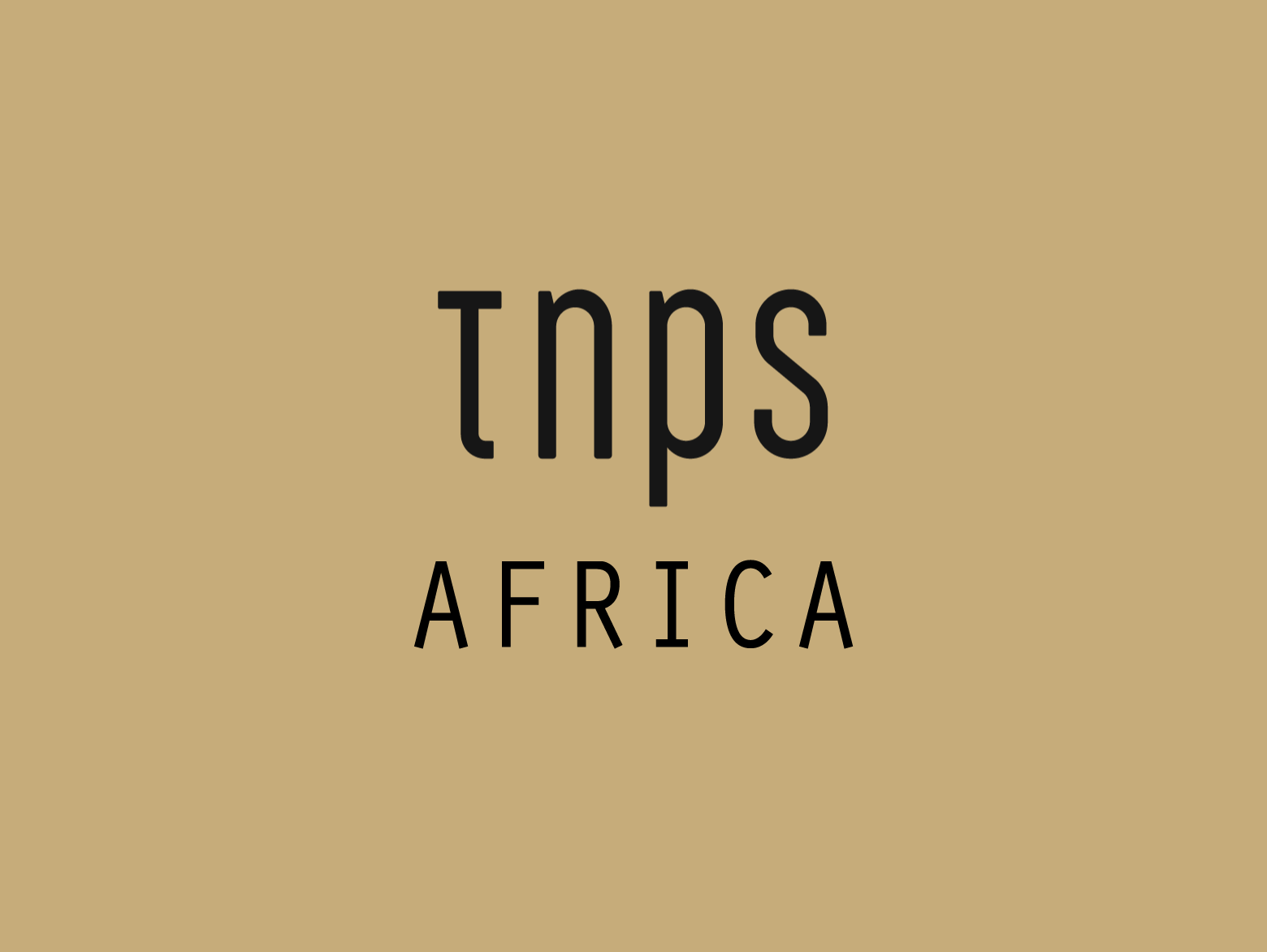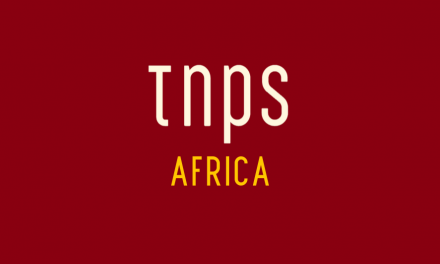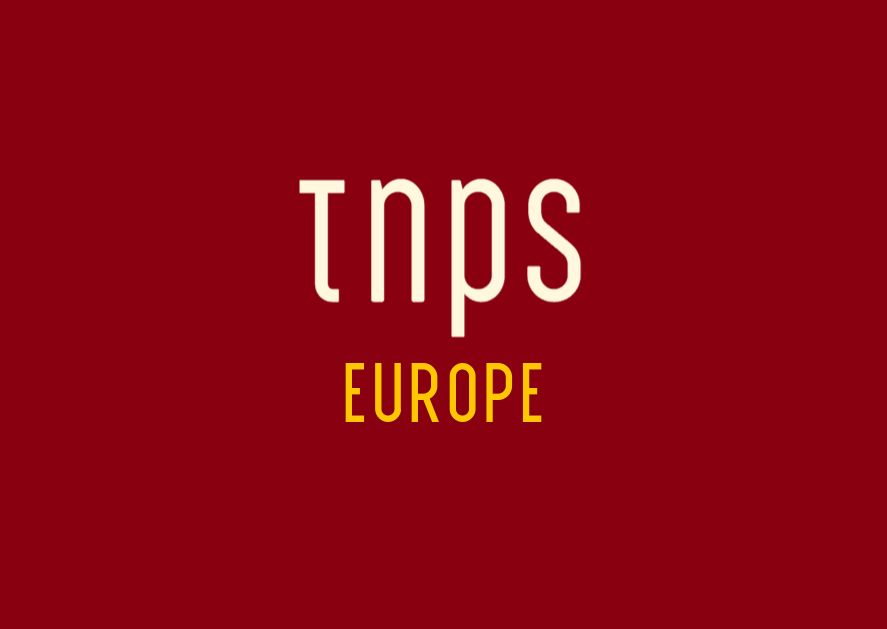The 4th KPMG Book Barometer is out, and offers a picture of gradual ebook development, with little indication the future will bring any emulation of the exponential growth we saw in the key Anglophone markets, the USA and UK.
Seven out of ten publishers in France now offer digital, and 80% of new releases have a digital counterpart, but backlist digitalisation is slow.
While four of the Big 5 US / Canadian ebook retailers have operations in France and ebooks are available through a number of domestic outlets, there simply isn’t the demand as yet to trigger backlist digitalisation in the way we have seen in the US.
This in turn means there is little interest in experimental formats like enhanced ebooks.
What is intriguing is that 71% of French publishers (per the KPMG survey) are using aggregators to reach the retailers rather than contracting directly, up from 59% in 2016.
Subscription services and digital libraries too are popular with publishers, again possibly because it is not seen to be relying too heavily on the foreign retailers which, understandably, are perceived to exercise too much control over the US and UK ebook markets.
The KMPG survey makes no pretence to cover the self-publishing aspect of French publishing, and for that information remains sparse.
Anecdotal evidence suggests most French indies are uploading to Amazon Kindle and Kobo Writing Life direct (Kobo partners with the giant French e-commerce operator Fnac), and either resorting to English-language aggregators for other outlets or foregoing wider distribution.
Which perhaps lies at the heart of the slow growth of digital in France.
Here’s the thing. In the US the Kindle store, which famously opened ten years ago next month, was originally only for mainstream publishers, and tootled along without having much impact, for the twin reasons that there was very little content, at high prices, that made an investment in an e-reader not worthwhile.
That all changed in 2009-10 when the US Kindle store was opened up to indie authors and the UK Kindle store opened.
This had the twin effects of
a) massively expanding the number of titles available, as both US and UK authors were writing in subtle variations of English (British English authors faced some negative feedback in the US in the early days as so few American were familiar with British English spellings) and
b) massively expanding the number of low-priced titles available, with pioneer indie authors like Amanda Hocking and John Locke leading the way.
The rest, as they say, is history.
But this phenomenon has yet to be repeated elsewhere in the western world, and one key reason is that there isn’t any comparable flood of titles in other languages to act as the tipping point.
The French Kindle store typifies the problem.
Visit the Kindle France store and you see an impressive 5,697,815 ebooks. Yay! Vive la France!
But hold on. Just supposing, this being the French Kindle store and all, you want books written in, well, French.
The Kindle France store doesn’t offer a total for French-language ebooks available, but does offer a total for “Ebooks en langues étrangères” (ebooks in foreign languages).
How many of those 5,697,815 are not in French? 5,358,599.
No wonder French readers are not rushing to the Kindle store in their droves.
And this is a global problem.
The smaller and nascent ebook markets are not growing in the same fashion as the US and UK stores did for the simple reason the supply of content is not there to create demand.
That will change in time – the authors are out there.
But the ride will be slower, and aggregators, not direct uploads to retailers by authors, will drive the changes,
For further insights into the self-publishing market in France check out French indie author Cyril Godefroy on Joanna Penn’s Creative Penn blog earlier this year.





